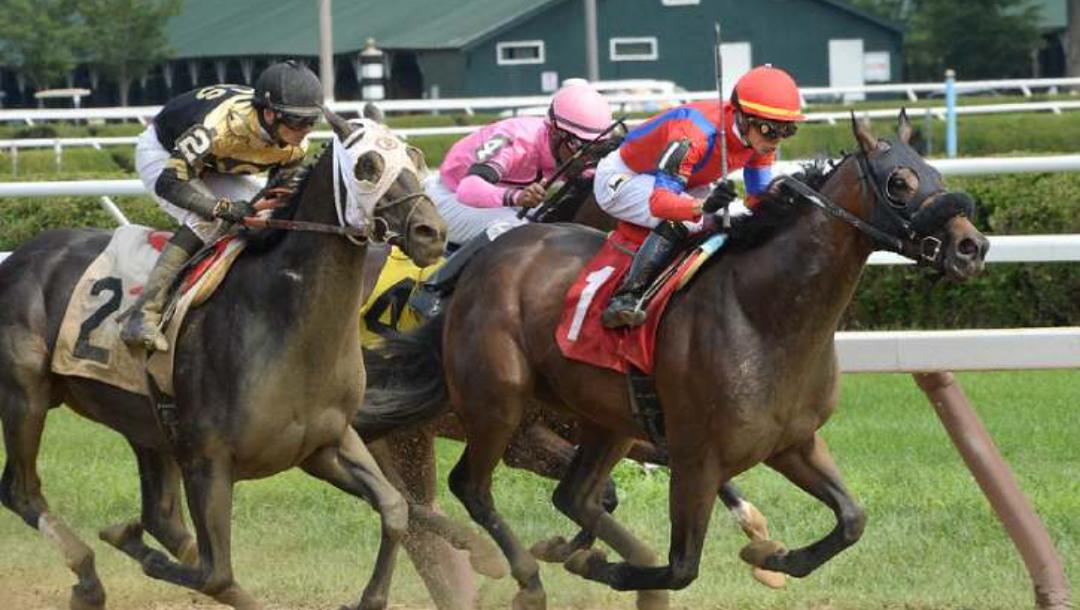Unfairness - Perceived or Real
Featured /Have you ever felt that life has treated
you unfairly? What does that question mean? Is life unfair, and if so in what
context? Is life unfair for those who have a physical or mental illness, who
come from a broken home, who grow up in an impoverished, drug and crime ridden
neighborhood as compared to those who do not? Is life unfair for those who do
not come from a monetarily successful family as compared to those who do? Is
life unfair for those who experience the doors of social and economic
opportunity close on them, yet open for others? Throughout my life there have
been times where I have questioned why certain things happen to certain people,
including myself. Is it being in the right place at the right time, or possibly
being in the wrong place at the wrong time? Is it fate, karma, coincidence,
circumstance, society, who you know, some spiritual intervention, genetic
makeup, or just the luck of the draw that determines what is considered fair or
unfair? Is unfairness real, perceived, or both?
How emotionally distraught do
you become when you perceive unfairness in your own life? How does that
distress impact your attitude, drive, and resiliency to persevere through that
perceived unfairness? Understanding the role of what you do and do not have
control over is key to lessening the detrimental impact of perceived
unfairness. There are many significant factors that have contributed to the
formation of your life that you did not have control over. Your genes, parents,
siblings, relatives, place of birth, the social and economic environment your
were born into, having been a victim of abuse or nature's wrath are all
examples of what you had no control over. However, to use what you had, or
presently have no control over to justify unfairness in your life resulting in
unhappiness, a lack of self-respect and a sense of failure is a choice. Why
would you choose to allow what you do not have control over to override what
you do have control over? You have control over your attitude, beliefs, behaviors,
how you treat those you love and those who love you, and adhering to the core
values that you wish to reflect your character. A meaningful life is not as
much about the cards you are dealt, but rather how you decide to play your
cards. To be optimistic in the face of adversity, to persevere in the face of
self-doubt, and to maintain integrity in the face of unethical temptation are
decisions to improve each hand your dealt and improve your chances of
succeeding in your life's journey.
Real unfairness relates to the day-to-day treatment of others rather then the perceived unfairness of what your life started with or without; and working to eliminate that day-to-day unfairness is a cause worth fighting for. Unfairness is defined as, “not based on or behaving according to the principles of equality and justice: unkind, inconsiderate, or unreasonable.” Any discrimination of another based on race, greed, color, gender or sexual orientation is an example of real unfairness. A society that ignores such unfairness ignores the very potential of all humanity. Whether perceived or real it is still your decision to allow unfairness to be used as either a life long detriment, or a catalyst and motivator to persevere and live a productive and purposeful life. To think as a victim is to surrender your life to something or someone outside of yourself. To think as a winner is to internally believe you have the potential to overcome any obstacle or level of unfairness, perceived or real that would prevent you from becoming the best person you can be. To succumb to unfairness is to accept personal and professional defeat. It requires personal accountability to overcome the perceived unfairness of the things you did and do not have control over; and the courage of conviction to act in overcoming the real unfairness of how much of humanity is treated. To be fair is to be just, and to be just is to be fair. Let us all strive to focus on fairness toward one another, and less on using perceived unfairness as an excuse not to live a fulfilled and meaningful life.
TAGS:


